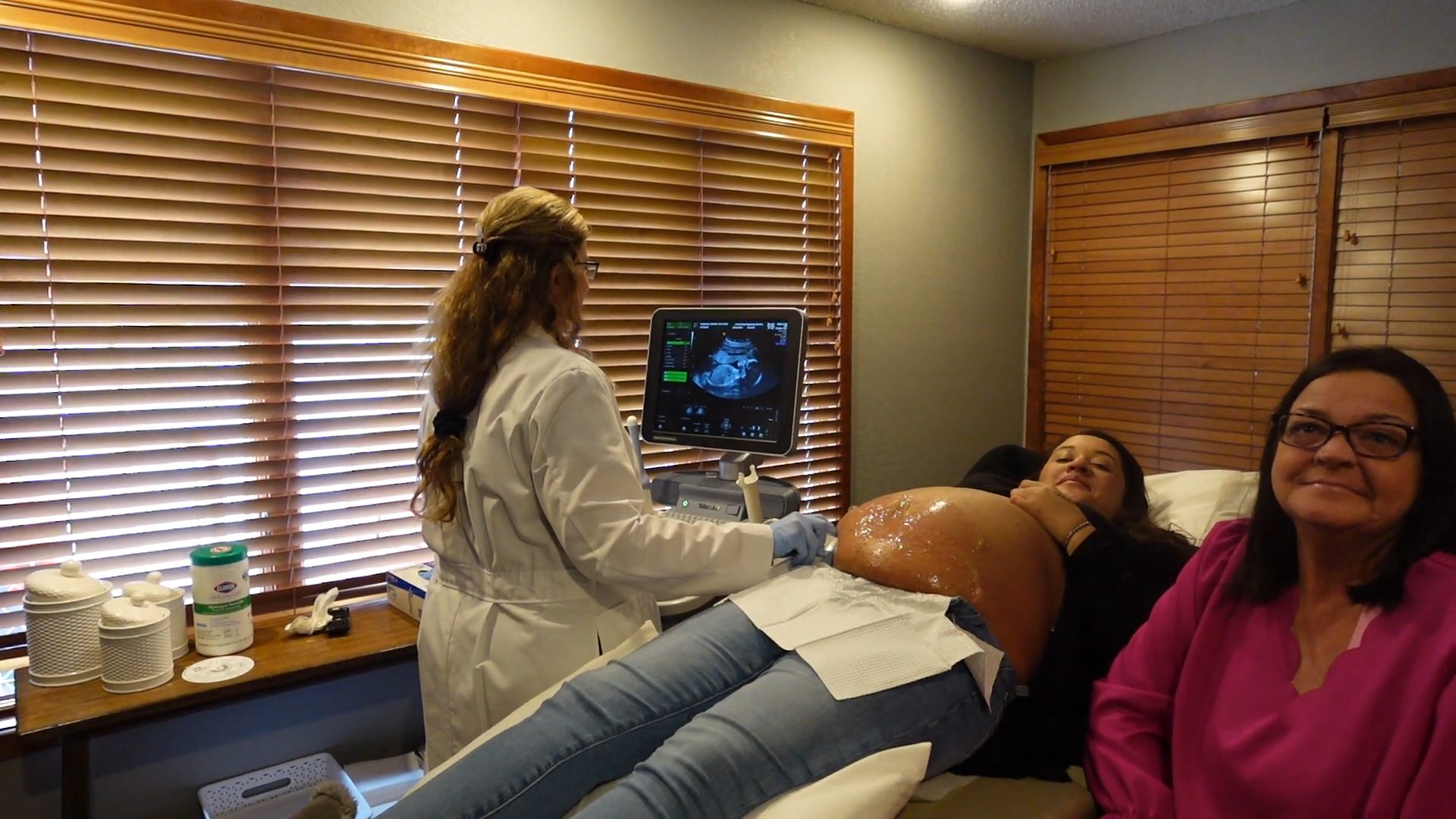The following information is taken from an article published on April 28, 2025 on the Ethics and Public Policy Center’s website.
The Ethics and Public Policy Center conducted the largest-known study of the abortion pill. This series of papers and resources presents the study’s findings and investigates women’s health and abortion using real-world data.
Insurance Data Reveals One in Ten Patients Experiences a Serious Adverse Event
SUMMARY
- This largest-known study of the abortion pill is based on analysis of data from an all-payer insurance claims database that includes 865,727 prescribed mifepristone abortions from 2017 to 2023.
- 10.93 percent of women experience sepsis, infection, hemorrhaging, or another serious adverse event within 45 days following a mifepristone abortion.
- The real-world rate of serious adverse events following mifepristone abortions is at least 22 times as high as the summary figure of “less than 0.5 percent” in clinical trials reported on the drug label.
- The FDA should immediately reinstate its earlier, stronger patient safety protocols to ensure physician responsibility for women who take mifepristone under their care, as well as mandate full reporting of its side effects.
- The FDA should further investigate the harm mifepristone causes to women and, based on objective safety criteria, reconsider its approval altogether.
For further reading, click here.
Insurance Data Reveals Repeated Abortion Attempts Due to High Failure Rate
SUMMARY:
- The real-world failure rate of mifepristone abortion—at least 5.26 percent, or about one in 19 cases—is double the failure rate from the U.S. clinical trials and roughly two-thirds higher than the combined failure rate from all clinical trials reported on the FDA-approved drug label.
- Combined with our prior finding that 10.93 percent of women experience a serious adverse event and adjusting to avoid double-counting, we find that 13.51 percent of women—roughly one in seven—experience at least one serious adverse event or repeated abortion attempt within 45 days of first attempting a mifepristone abortion.
- This largest-known study of the abortion pill is based on analysis of data from an all-payer insurance claims database that includes 865,727 prescribed mifepristone abortions from 2017 to 2023.
- The FDA should immediately reinstate its earlier, stronger patient safety protocols to ensure physician responsibility for women who take mifepristone under their care, as well as mandate full reporting of its side effects.
- The FDA should further investigate the harm this drug causes to women and, based on objective safety and effectiveness criteria, reconsider its approval altogether.
For further reading, click here.
Excluded Adverse Events in Real-World Study of Mifepristone
The EPPC study presents a careful and conservative assessment of abortion pill safety, excluding a vast number of irrelevant or minor events. Even with these exclusions, it finds a 22x higher rate of serious complications than reported by the FDA and drug manufacturers. These findings suggest an urgent need for stronger safety protocols and regulatory oversight.
Read more about what events were excluded from this study! (which makes the study even more provocative!)
Some FAQ’s about how the study was conducted




